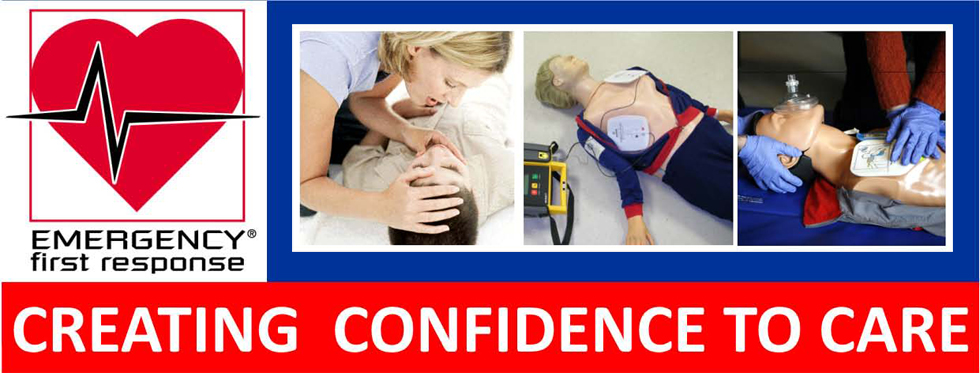
Emergency First Response Training Courses
Emergency First Response Training Courses in Erbil/ kurdistan Region of Iraq
Emergency First Response Training Courses will be delivered by PETRO MED Ltd Company in Erbil/ Kurdistan Region of Iraq to all kind of employees or staffs who have interest to work as an Emergency first responder.
There are different kind of Emergency First Response Training Courses available such as
- Emergency First Response Primary Care (CPR) Course
- Emergency First Response Secondary Care (First Aid) Course Content
- Basic life support
- advanced life support
- advanced trauma life support
We are offering to organize a training course for Emergency medicine according to the international standards using the latest guidelines and training manikins.
As we have fully accredited instructors by the international organizations we are experienced and qualified in delivering these training course suited according to the educational needs of the participants in English, Kurdish and Arabic language.
The participants will be taught through interactive lectures and practical application of the theory on the training manikins.
Each training course will last 2-3 days.
After finishing the training course successfully the participants will be given certificate of completion, Nationally & Internationally recognized and which will be valid for two years.
Emergency first Response (EFR) training course
Emergency First Response is one of the fastest-growing international CPR, AED and first aid training organizations. With more than 56,000 instructors worldwide, Emergency First Response is backed by 48 years of experience in the development and delivery of instructional courses, training materials and educational curricula.
Emergency First Response courses have widespread international acceptance.Every day, in more than 175 countries around the world, Emergency First Response Instructors help communities prepare for disaster by training community members to respond to medical emergencies when emergency services are delayed or unavailable.
Emergency First Response courses follow the emergency considerations and protocols as developed by the members of the International Liaison Committee on Resuscitation (ILCOR).
Members include American Heart Association (AHA), European Resuscitation Council (ERC), Australian Resuscitation Council (ARC), New Zealand Resuscitation Council (NZRC), Heart and Stroke Foundation of Canada (HSFC), Resuscitation Council of Southern Africa (RCSA), Inter American Heart Foundation (IAHF), Resuscitation Council of Asia (RCA – current members include Japan, Korea, Singapore, Taiwan).
Focused on training the lay rescuer, the Emergency First Response approach to training builds confidence in lay rescuers and increases their willingness to respond when faced with a medical emergency by teaching them the skills they need in a non-stressful learning environment. Participants are also given as much practice as necessary to master and retain these skills.
ERF courses:
Description of the course:
Emergency First Response Primary Care (CPR) teaches participants how to respond to life-threatening emergencies. The course focuses on primary care through a combination of knowledge development, skill development and realistic scenario practice to make sure participants have the confidence in their ability to provide care when emergency situations arise.
Duration of the course:
2 days
Contents of the course:
Primary Care (CPR) skills taught in this course are:
- Scene Assessment,
- Barrier Use,
- Primary Assessment,
- Cardiopulmonary Resuscitation (CPR),
- Serious Bleeding Management,
- Shock Management,
- Spinal Injury Management,
- Conscious and Unconscious Choking Management.
- Automated External Defibrillator (AED) Use
- Emergency Oxygen Use.
Course format:
Instructor led training
Basic knowledge lectures
Practical skill development
Scenario practice
Paper examination assessment
Practical assessment
Certifications:
Participants will receive an internationally recognized certificate and a provider card valid for 2 years.
Description of the course:
Emergency First Response Secondary Care (first aid) covers injuries or illnesses that are not immediately life threatening. Participants focus on secondary assessment and first aid through knowledge development, skill development and realistic scenario practice.
Duration of the course:
1 day
Contents of the course:
Secondary Skills taught in this course:
- Injury Assessment
- Illness Assessment
- Bandaging
- Splinting for Dislocations and Fractures
- Includes first aid treatment reference for the following emergencies:
- Allergic Reactions (incl. anaphylaxis), Asthma,Bruises,Burns,Chemical Burns, Choking (adult, child, infant), CPR (adult, child, infant), Cuts, Dental Injuries, Diabetic Problems,Dislocations and Fractures, Electrical Injuries, Eye Injuries,First Aid Kit Assembly, Fish Spine Injury, Frostbite, Heat Exhaustion, Heatstroke, Heart Attack, Hypothermia, Insect Stings,Jellyfish Stings, Octopus Bites, Poisoning, Scrapes, Seizures,Snake Bites, Spider Bites, Sprains and Strains,
Stroke, Temperature Related Injuries and Venomous Bites and Stings.
Course format:
Instructor led training
Basic knowledge lectures
Practical skill development
Scenario practice
Paper examination assessment
Practical assessment
Certifications:
Participants will receive an internationally recognized certificate and a provider card valid for 2 years.
Description of the course:
The Emergency First Response CPR & AED course teaches the basic principles of CPR and how to deploy and use an Automated External Defibrillation (AED) in an emergency situation. This life saving device can increase a patient’s chance of survival from a cardiac arrest by fifty percent.
Duration of the course:
1 day
Course format:
Instructor led training
Basic knowledge lectures
Practical skill development
Scenario practice
Paper examination assessment
Practical assessment
Certifications:
Participants will receive both local and an internationally recognized certificate and a provider card valid for 2 years.